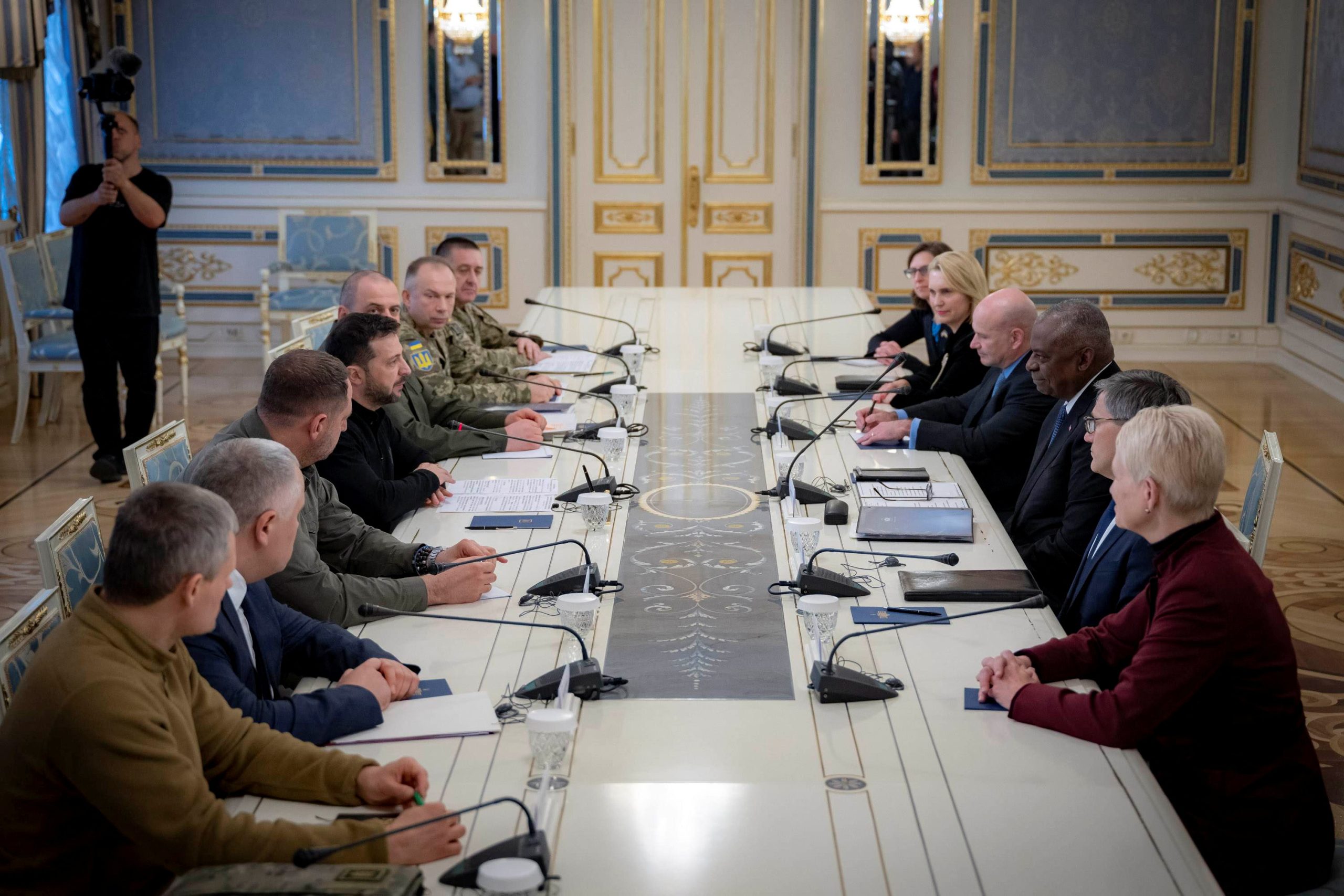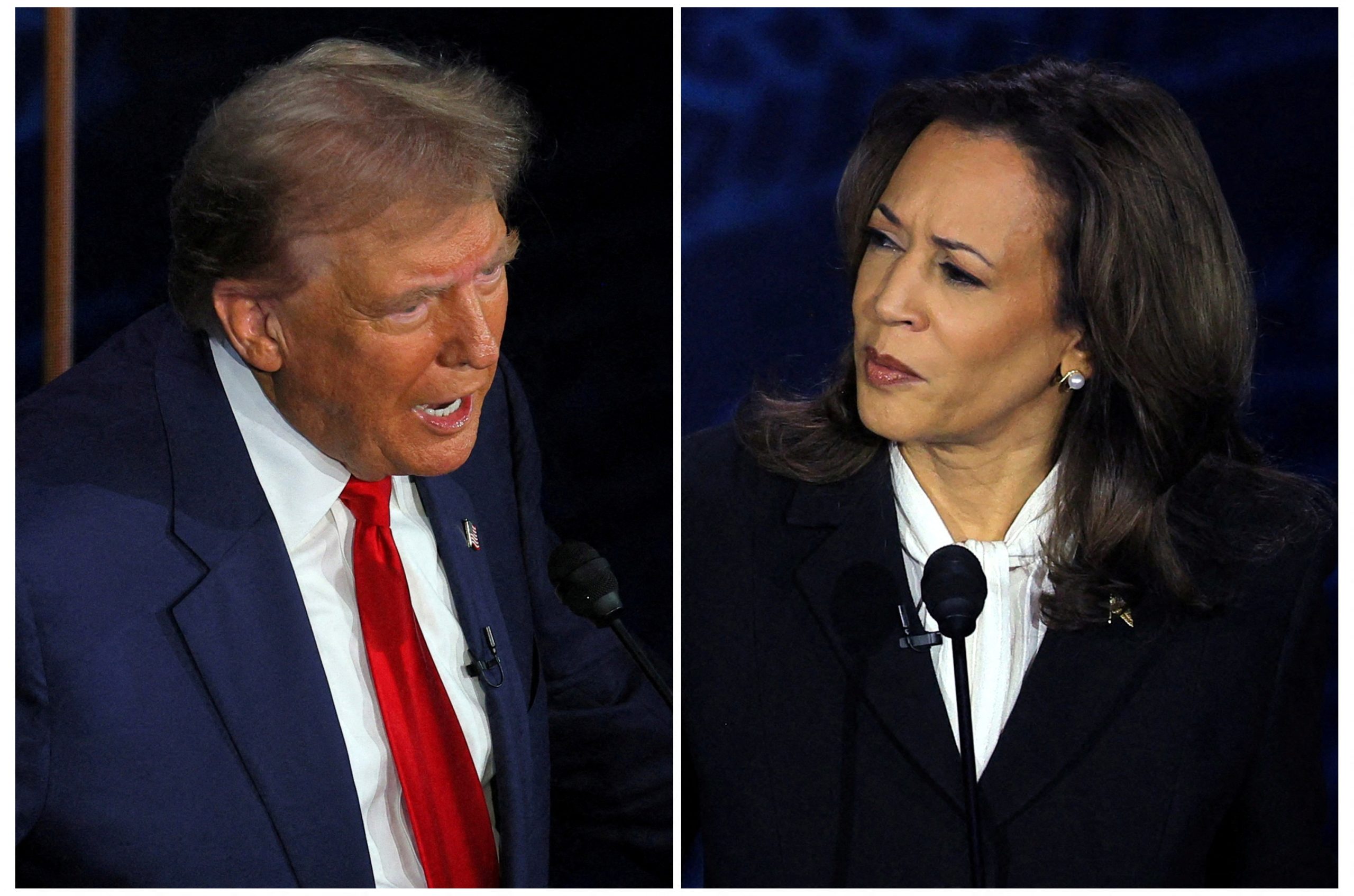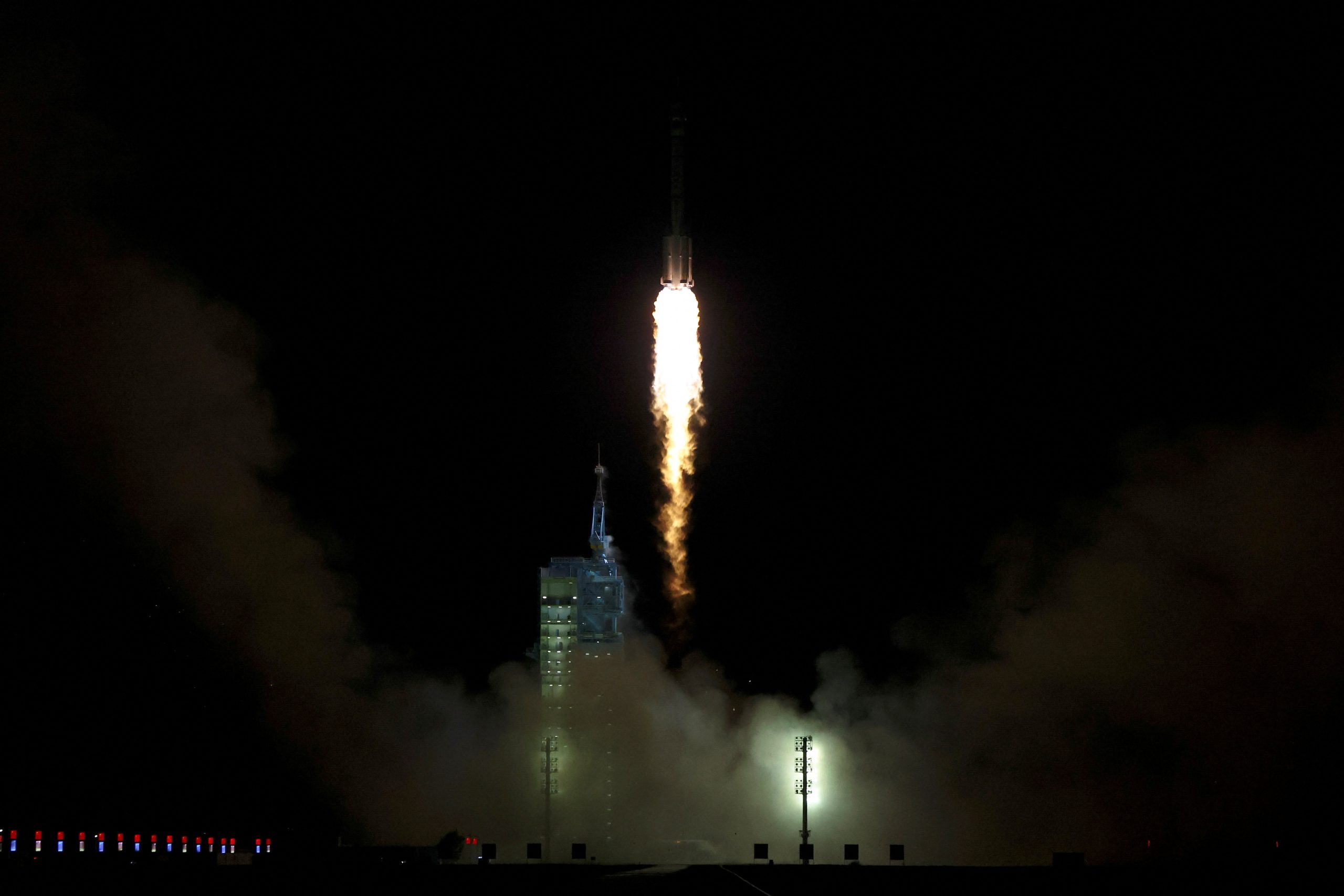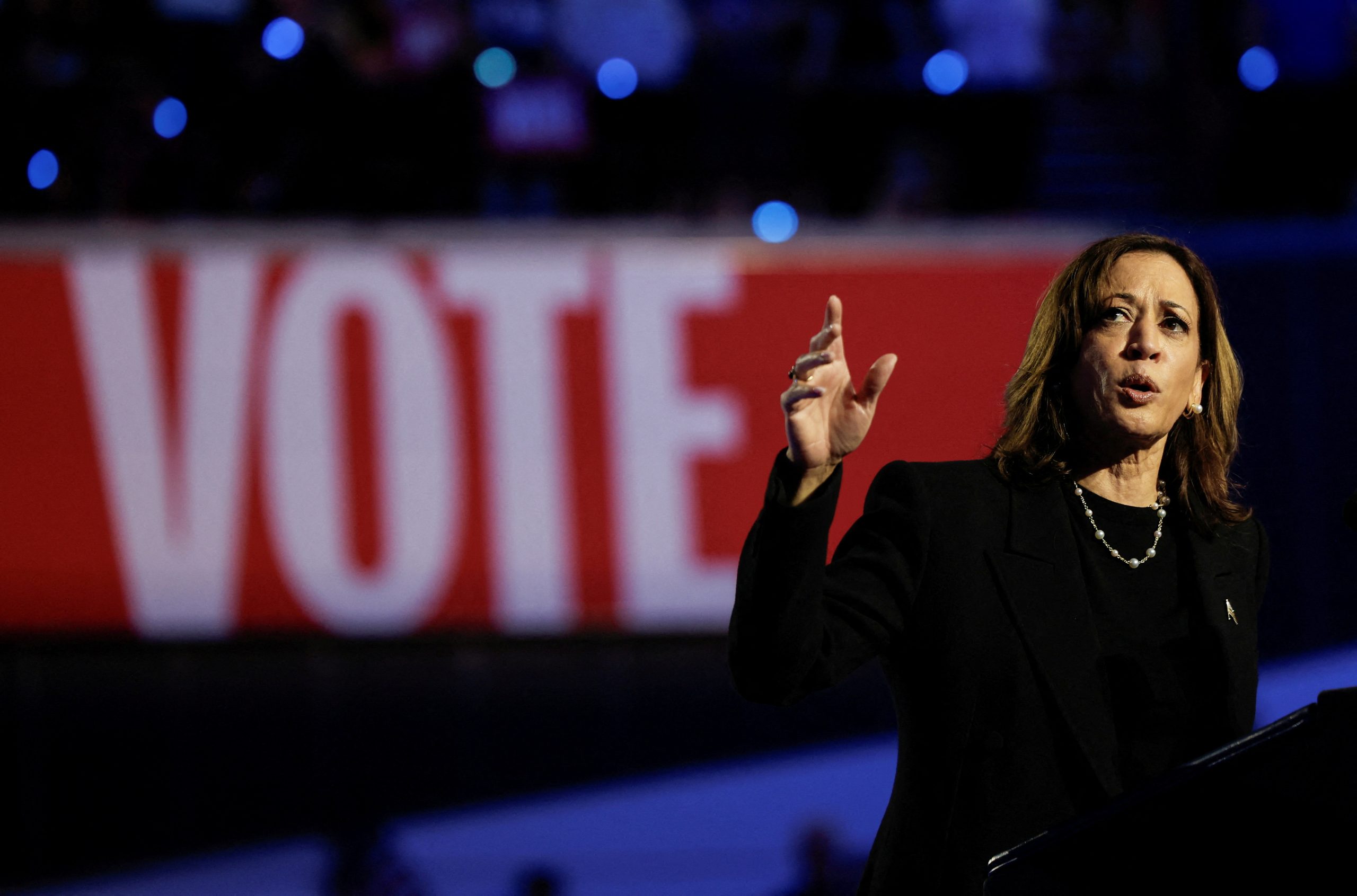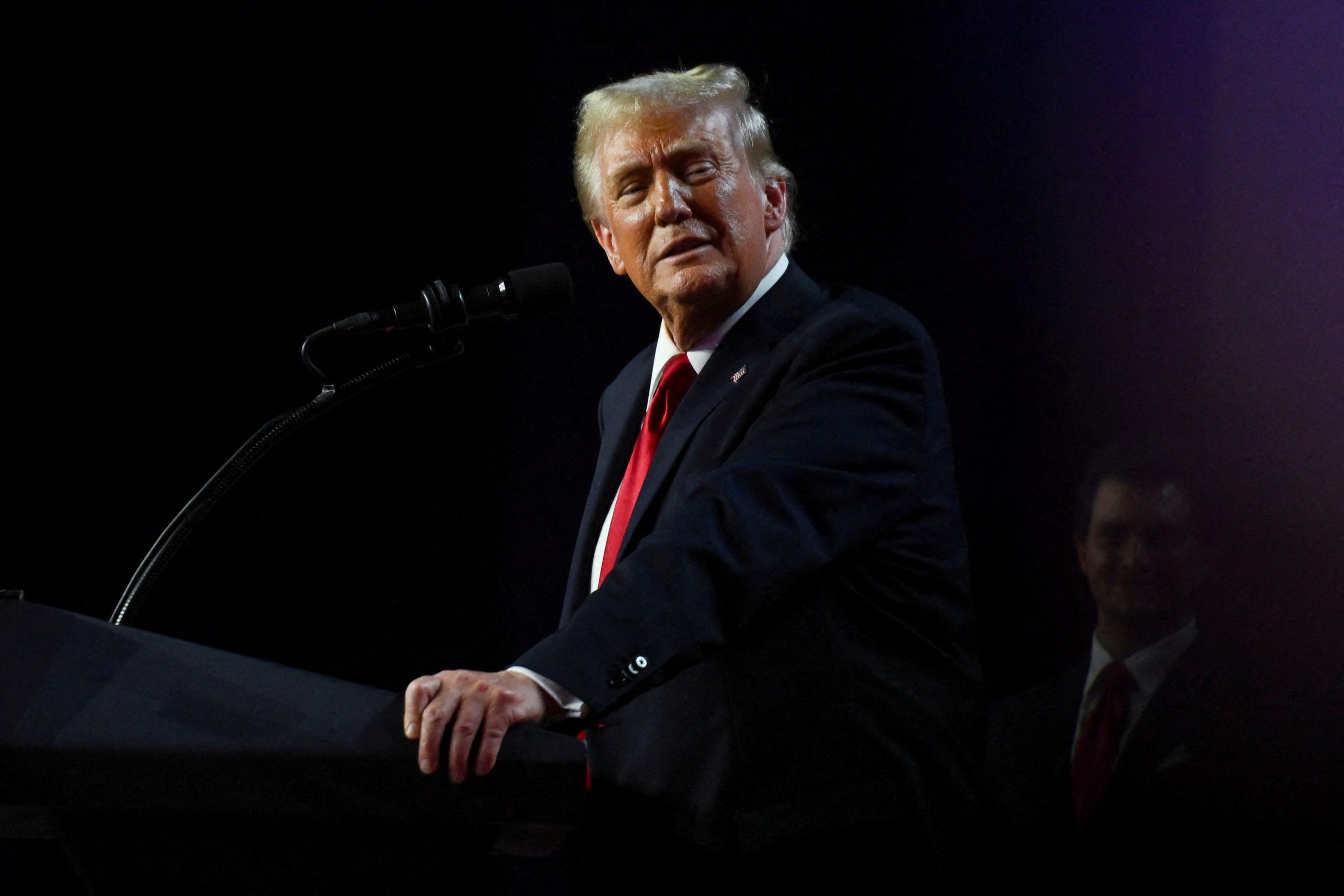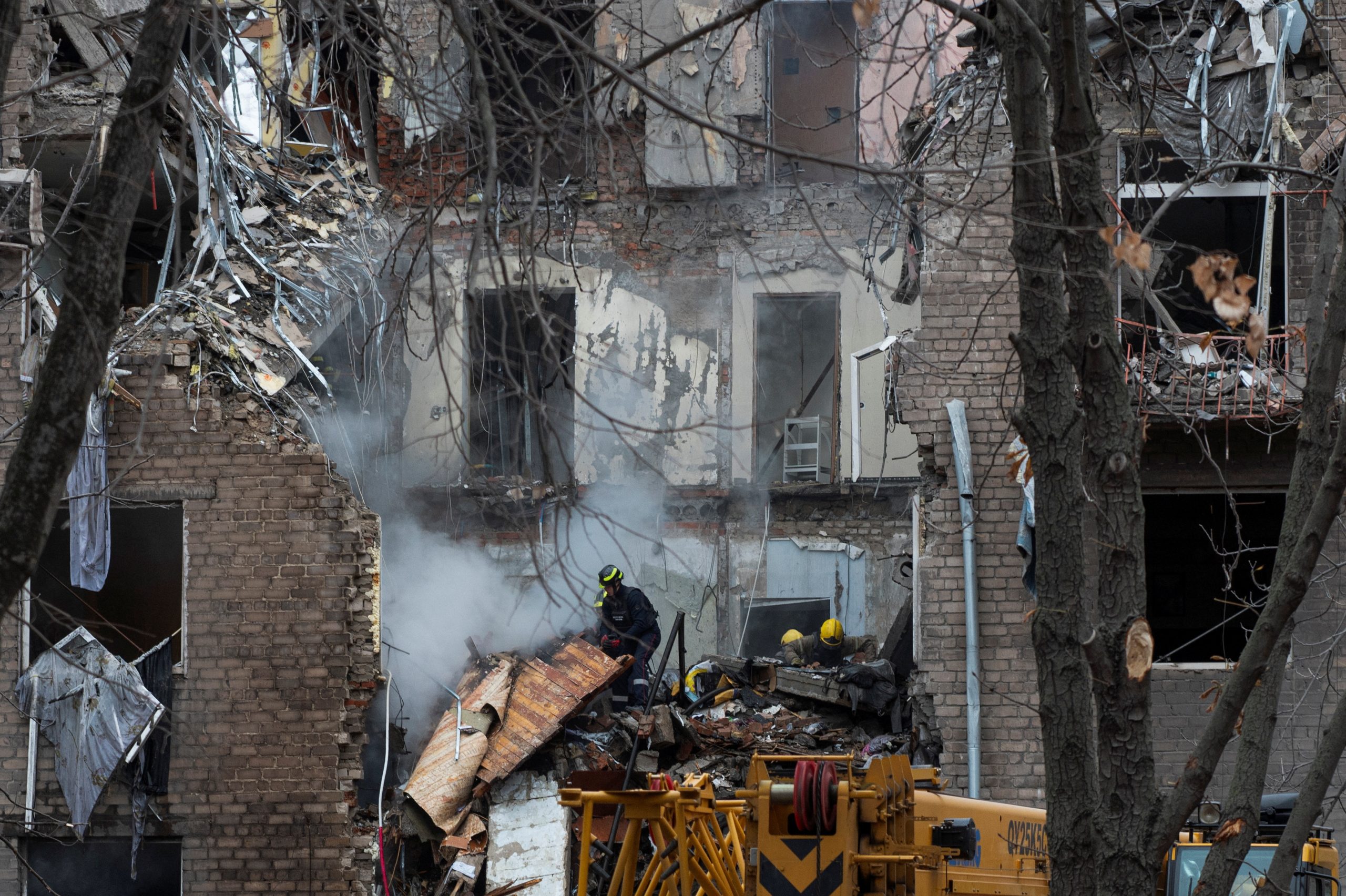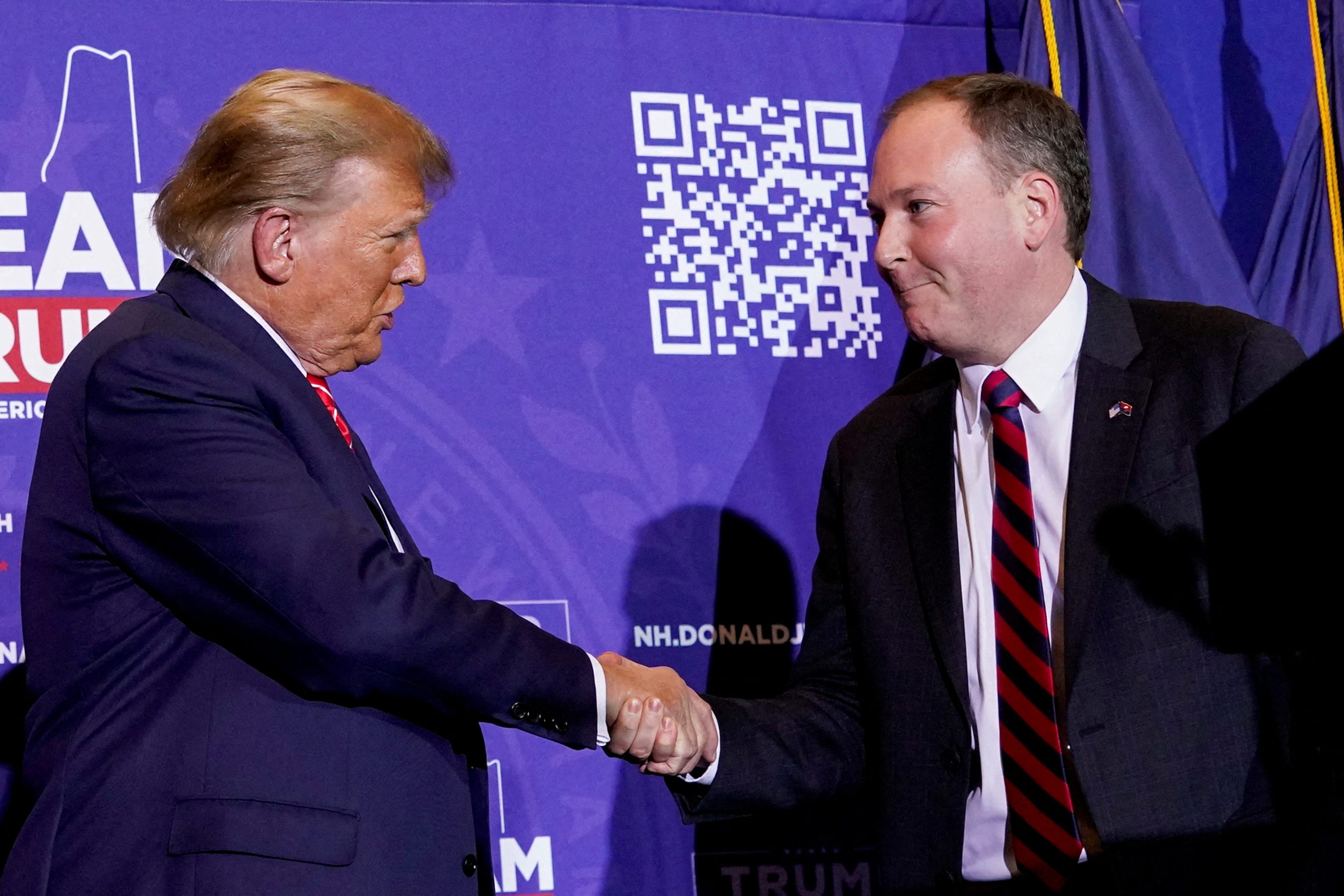“We need our allies to stand firm and ensure these troops are withdrawn immediately,” insists Ukrainian President Volodymyr Zelensky in a vehement response to recent developments involving North Korean forces in the conflict.
In a dramatic escalation of the Ukraine-Russia war, the United States is intensifying its diplomatic efforts by urging China to pressure North Korea into withdrawing approximately 3,000 troops stationed in Russia’s Kursk Oblast, a mere 50 kilometers (30 miles) from the Ukrainian border. This plea, reported by CNN on October 29, comes amid growing concerns over North Korea’s direct involvement in the conflict.
U.S. National Security Adviser Jake Sullivan has been at the forefront of these efforts, directing the U.S. government to engage the People’s Republic of China (PRC) in a coordinated campaign to address the destabilizing presence of North Korean forces. “We have communicated with the PRC about this matter to make clear that we are concerned about it, and that they ought to be concerned about this destabilizing action by two of its neighbors, Russia and North Korea,” stated U.S. State Department spokesperson Matthew Miller during a press briefing on October 28.
The Financial Times reported that Ukrainian intelligence officials remain skeptical about the combat effectiveness of the North Korean troops, highlighting significant communication barriers between their Russian counterparts and the newly deployed units. Despite these concerns, estimates on the total number of North Korean soldiers involved vary, with U.S. officials suggesting around 3,000 troops, while Ukrainian sources claim the number could be as high as 12,000, including 500 officers and three generals.
Adding to the complexity, South Korean intelligence has warned that North Korean troop numbers in Russia could escalate to 10,000 by December. This potential influx poses a significant threat to Ukraine’s defensive capabilities, especially as Russia’s campaign in the Donbas region gains unprecedented momentum.
Kris Osborn, President of Warrior Maven and former Pentagon expert, commented on the situation: “The deployment of North Korean troops near Ukraine’s frontlines not only amplifies the immediate military threat but also signals a troubling deepening of international involvement in this already volatile conflict.”
Efforts to mitigate this development include a forthcoming visit by a South Korean delegation to Ukraine, aimed at sharing intelligence and fostering cooperation to counteract the North Korean presence. Meanwhile, U.S. National Security Adviser Sullivan continues to leverage China’s diplomatic influence, urging Beijing to utilize its relationship with Pyongyang to advocate for the withdrawal of these troops.
Despite these diplomatic maneuvers, skepticism remains high among Western officials regarding China’s willingness and ability to enforce such pressure. A NATO official conveyed to CNN that China has been a “critical enabler” of Russia’s advancements in Ukraine, raising doubts about the effectiveness of U.S. appeals.
As North Korea and Russia strengthen their military ties, including the signing of a new mutual defense pact, the international community remains on high alert. The situation underscores the intricate web of alliances and adversarial relationships that define modern geopolitical conflicts, highlighting the urgent need for cohesive and strategic responses from Western allies.
Source: Insights and analysis based on reporting by The Kyiv Independent and statements from Kris Osborn, President of Warrior Maven.

